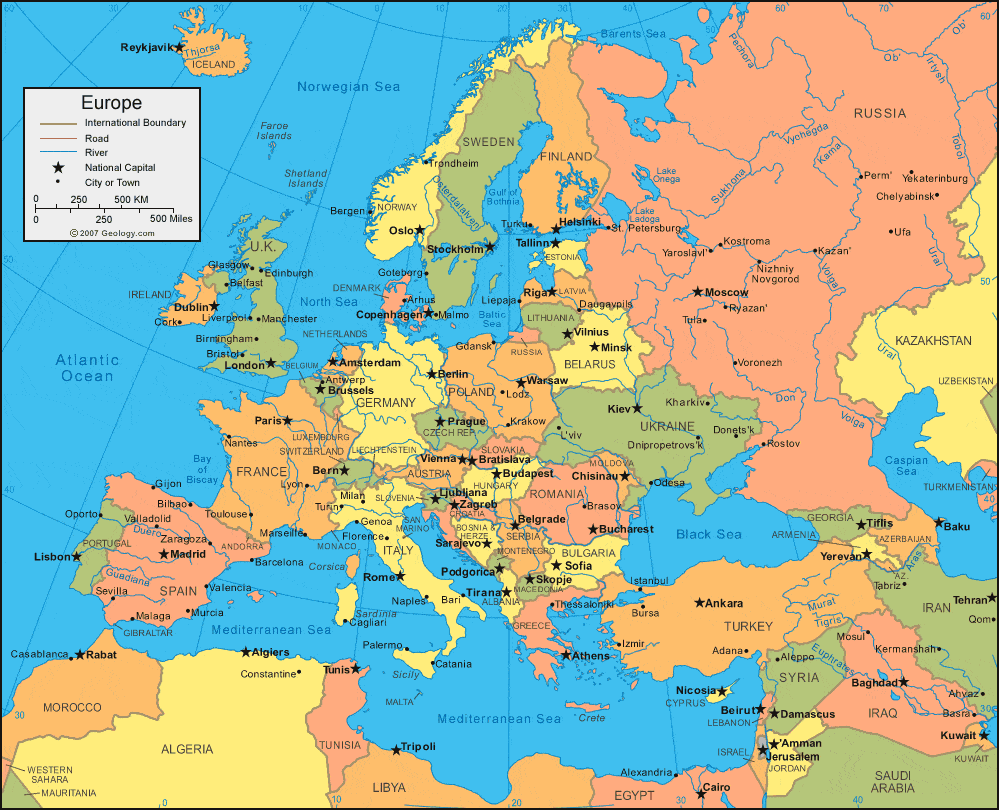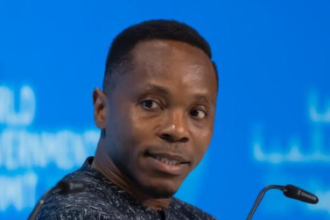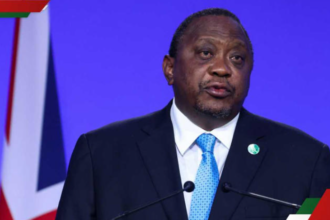By Jeffrey Stein
Brussels, Belgium – Tensions across Europe are reaching fever pitch as the already volatile situation between Israel and Iran threatens to boil over into a wider conflict. Governments across the continent are implementing precautionary measures, fueling anxieties of a potential global war, with some even whispering the dreaded phrase “World War III.”
The escalating tensions, stemming from recent attacks and retaliatory strikes between Israel and Iranian-backed groups, have sent shockwaves through European capitals. While a direct military confrontation between the two nations remains a possibility, the potential for regional destabilization and the involvement of other global powers is what has many on edge.
“We are deeply concerned about the escalating tensions in the Middle East,” stated Ursula von der Leyen, President of the European Commission, in a press conference earlier today. “The EU is working tirelessly to de-escalate the situation through diplomatic channels and urging all parties to exercise restraint.”
However, behind the diplomatic facade, many nations are quietly preparing for the worst. Several countries have announced increased security measures at key infrastructure points, including airports, power grids, and communication networks. Border controls have also been reinforced in some areas, citing concerns about potential terrorist activities and the influx of refugees should a full-blown conflict erupt.
“The safety of our citizens is our top priority,” said a French government spokesperson. “We are taking all necessary precautions to ensure we are prepared for any eventuality. This includes reviewing our national defense strategy and coordinating with our allies.”
The specter of a wider conflict has also sparked debates within NATO regarding the alliance’s role and responsibilities. While the alliance’s core mandate is the collective defense of its members, the potential involvement of non-NATO nations and the complexities of the situation are posing significant challenges.
Public anxiety is palpable, with social media abuzz with discussions about the potential consequences of a war. Reports of panic buying in some areas have emerged, and calls for governments to provide clear information and reassurance are growing louder.
Experts warn that the current situation is highly precarious. “The risk of miscalculation and unintended escalation is very real,” warns Dr. Anya Sharma, a geopolitical analyst at the Royal Institute of International Affairs. “The international community needs to work together to address the underlying causes of the conflict and prevent it from spiraling out of control.”
While the hope remains for a peaceful resolution, the escalating tensions between Israel and Iran have cast a long shadow over Europe, forcing nations to confront the grim possibility of a global conflict and prompting a wave of preparations aimed at mitigating the potential impact. The coming days and weeks will be crucial in determining whether the world can avert a descent into a devastating war.
What will be the impact of a global war should the Israel-Iran conflict expands?










